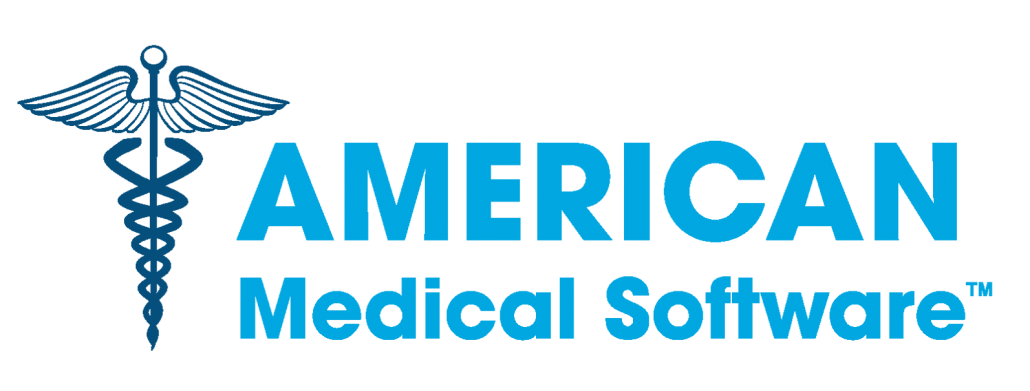Using Personal Health Records when Doctors Recommend
A practical look at information technology issues and usage
The number of people using personal health records has doubled in the past year. But those users still account for only 7% of the American patient population, according to one recent survey.
That survey also found that if patients are going to be pushed toward greater PHR adoption by anyone, it’s going to be by the health care system representatives they trust the most — their physicians.
The California HealthCare Foundation commissioned a study in which researchers talked to people who use PHRs as well as people who don’t. Nonusers made up 89% of the 1,864 respondents (the rest didn’t know or refused to answer). The report, “Consumers and Health Information Technology: A National Survey,” found that the biggest barrier to PHR use is privacy concerns, cited by 75% of non-PHR users. Many respondents expressed fears that their medical information could be used against them by insurers or employers, both of which are pushing for PHR adoption.
Although people may not completely understand the concept of PHRs, they generally understand that employers and insurers expect to improve their bottom lines by offering them. But nonusers said employers were not likely to interest them in PHRs. Only 25% said they might use a PHR that came from an employer. (The same percentage gave that level of interest to PHRs offered by Google and Microsoft.)
Meanwhile, 58% said they might be interested in a PHR from a hospital or physician with whom they already have a relationship. Fifty-two percent said they might be persuaded to use a PHR if a doctor said it was safe, while 50% said they would use a PHR if a friend or family member said it was safe.
Kate Christensen, MD, an internist with Kaiser Permanente and medical director for Kaiser’s patient portal and PHR system, said the survey’s findings have confirmed what Kaiser has seen in the use of its own PHR system.
“What I didn’t find surprising at all was that patients trust PHRs that come from their providers, their doctors, their health plans, because that’s what we have found,” Dr. Christensen said. Fifty percent of survey respondents expressed a relatively high level of interest in using a PHR sponsored by their health plans.
Patient portals
Although PHRs have been defined as electronic filing cabinets to store personal health information, they are evolving into larger patient portals tethered to a physician’s electronic medical record system and offering benefits beyond data storage. Integrated PHRs allow patients to look up lab and test results, communicate with physicians electronically and request prescription refills online, and offer other convenience features that patients increasingly are demanding.
Sam Karp, vice president of programs for the CHCF, said one way physicians can drive PHR use is by taking advantage of the federal incentive program for EMRs. Most newer EMR systems include a patient portal with a PHR component. These systems not only will help physicians qualify for Medicare or Medicaid incentive pay, he said, but they also can help physicians tap into a new revenue source — e-visits.
Of respondents who use PHRs, 26% said they were using one offered by a physician. Another 51% said they were using one owned by their health plan. Only 4% used an employer-issued PHR.
Colin Evans, CEO of Dossia, a PHR offered by a large employer consortium whose members include Wal-Mart Stores Inc., said he was not surprised that employer-sponsored PHRs were at the bottom of the list. “I think the question that tends to lead in people’s minds is who do they trust with their data,” he said.
Evans theorized that because hospitals and physicians have the health data anyway, patients don’t see anything negative about sharing additional data with them. But the challenge for employer-sponsored PHRs is getting people to realize that the data employers have access to already is aggregated from several different sources, and that any PHRs employers offer usually are run by independent third parties.
People also are skeptical of employers’ pushes to use PHRs. Reducing health care costs through PHR use clearly benefits employers, although employees might not see it as much of an incentive. But, Evans said, people should realize that if employers have to spend more on health care, they may not be able to afford to offer that benefit at all — or that more money will be taken out of employee paychecks.
TECHNICALLY SPEAKING – By Pamela Lewis Dolan, amednews staff. Posted April 26, 2010.




Leave a Reply
Want to join the discussion?Feel free to contribute!